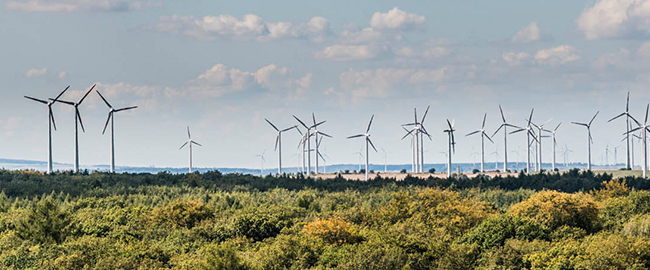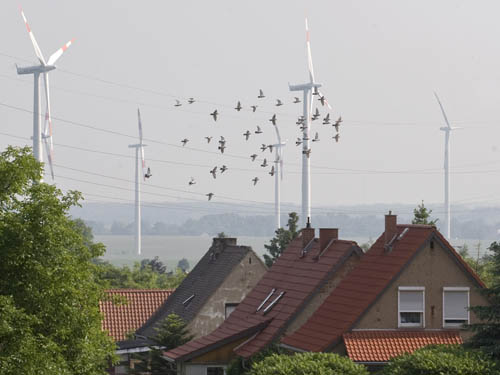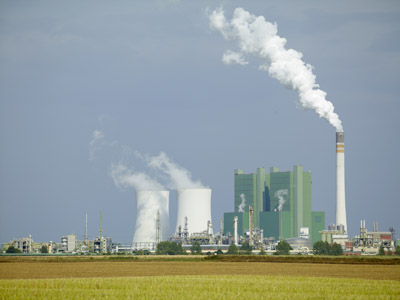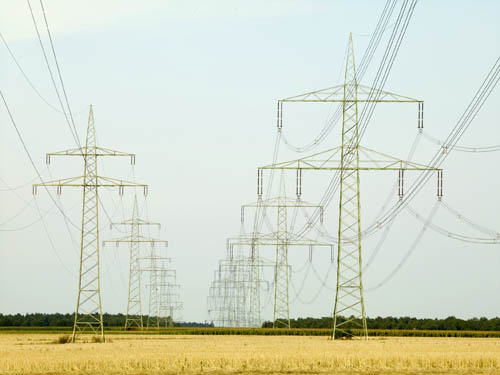
Working Group “Energy”
As in many other countries, Germany pursues the ambitious aim to transform its energy system towards sustainable modes of generation and use in the long term. This so-called Energiewende intends to address diverse societal objectives, such as climate change mitigation, resource conservation, security of supply, green growth and jobs as well as the democratization of energy supply. The transition has multiple technological dimensions, inter alia, the substitution of fossil and nuclear fuels by renewable energy sources, the reduction of energy consumption and the promotion of e-mobility. In terms of sustainability, this Energiewende brings about many opportunities, but also significant challenges. From an economic perspective, the societal benefits and costs of increasing the share of renewable sources in energy generation as well as of extending necessary transmission and storage capacities require examination. From an ecological perspective, the effects of corresponding land use changes need further analysis. Additionally, an energy transition generates social impacts – including for example, concerns related to the distribution of the costs of the Energiewende, changes in the legal framework, or questions associated with community participation and acceptance – all of which need to be understood and tackled.
The Working Group “Energy” addresses the diverse social science topics which are relevant to the Energiewende. Different pathways of energy use are evaluated with respect to their effect on diverse societal objectives and criteria and possible trade-offs between them. Moreover, the Energiewende necessarily involves a social transition process. In this respect, it is important to understand how patterns of individual behavior, organizations and institutions will need to adapt. Existing policy instruments are critically examined in terms of their adequacy to provide for future sustainable energy generation and use. This type of analysis can only be carried out successfully in an interdisciplinary context. The Working Group “Energy” provides a platform for exchange and collaboration among economists, lawyers, sociologists and political scientists.
Research foci:
- Spatial distribution of energy production and energy infrastructure (power plants and networks) and corresponding ecological and social conflicts
- Policy instruments to promote electricity generation from renewables (e.g. support schemes for renewable energy sources, EU Emissions Trading Scheme, and planning law), and concerns associated with market and system integration of renewables and associated land use conflicts
- Requirements as to the regulatory framework for electricity networks (e.g. infrastructure and planning law, incentive regulation of transmission system operators), which must address the needs of accelerated network extension and environmental and neighborhood protection simultaneously
- Allocation and coordination of responsibilities for political decision-making in a system of multi-level governance (EU, Federal Government, state governments, municipalities)
- New emerging types of organization for electricity generation and supply, e.g. energy cooperatives
- Socio-cultural basics of public perception of renewable energy sources, in particular geothermal
- Innovation and adaptation of energy technologies in practice
- Legal and sociological aspects of coping with uncertainty and ignorance
- Energy poverty and socio-spatial segregation



Projects of the Working Group “Energy”
Spokespersons:
Members of the Working Group:
Dr. Silke Beck, Dr. Danial Esmaeili Aliabadi, Prof. Erik Gawel, Dr. Matthias Groß, Dr. Frank Hüesker, Christian Klassert, Klaas Korte, Prof. Wolfgang Köck, Prof. Paul Lehmann, Dr. Reinhold Lehneis, Nora Mittelstädt, Henning Nolzen, Dr. Danny Otto, Christoph Rheinschmitt, Salina Spiering, Prof. Reimund Schwarze, Raffael Stretz
